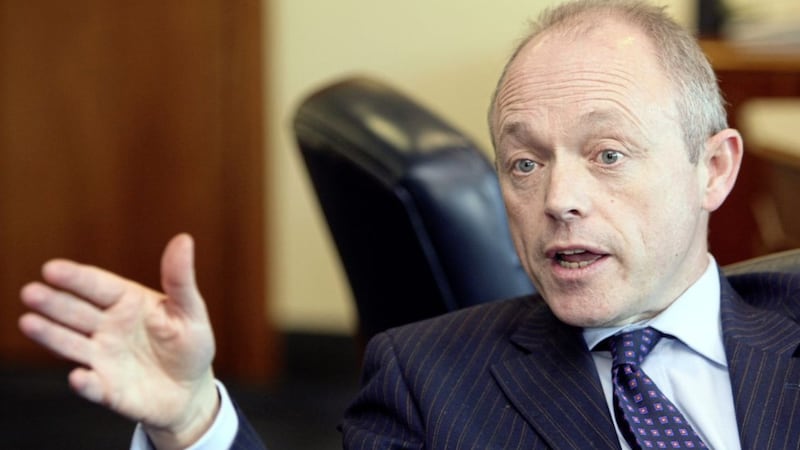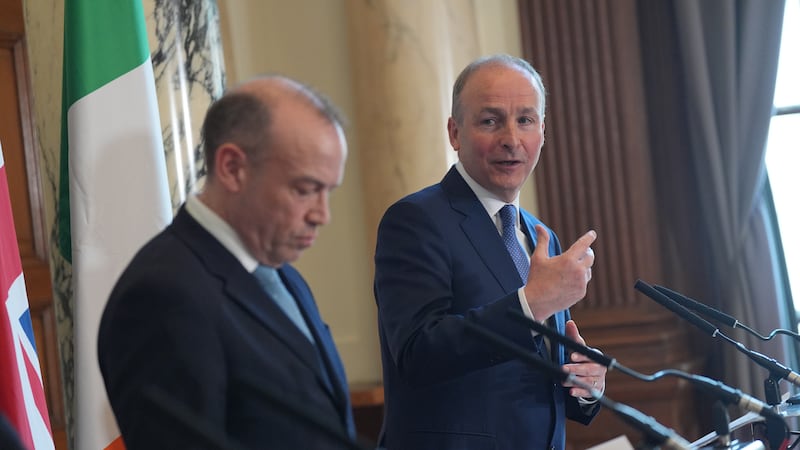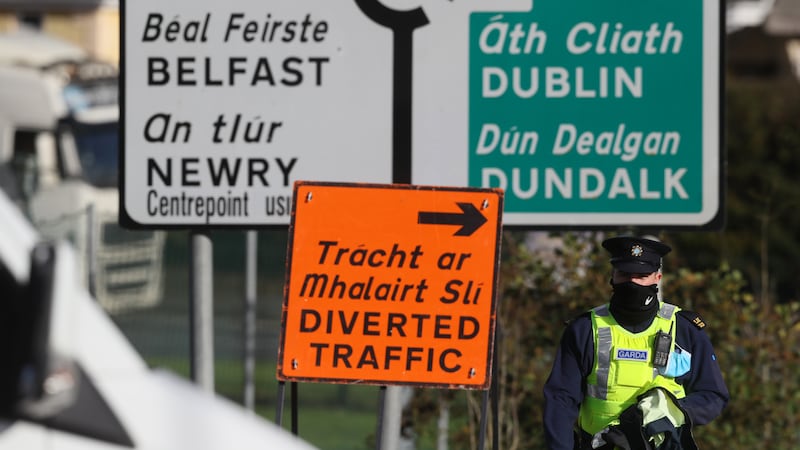LAST year, encouraged by Westminster disquiet over the prosecution of former British soldiers, unionists began attacking the Public Prosecution Service for bias in Troubles cases.
By the start of this year the PPS was under so much political pressure that it took uncharacteristically direct action to debunk the attacks, releasing figures showing it has pursued five times as many cases against alleged paramilitaries than soldiers over the past five years.
However, this was questioned in turn when it transpired that two-thirds of Troubles legacy cases are brought against state actors.
Just last week, the PPS gave a major interview to the BBC warning that claims of bias are groundless and damage public confidence.
A senior prosecutor pointed to increasingly constrained financial resources, the growing backlog of legacy cases and the slowness of the judicial system in general as factors that can distort perceptions of balance.
The gradual opening up of the PPS has been a welcome development but it is mere quibbling and tinkering compared to what BBC Panorama has achieved this week.
The investigative programme has discovered that the director of public prosecutions, Barra McGrory, asked the deputy director Pamela Atchison to "step back" last year due to a decision she had made in the Stakeknife case while in a more junior role in 2006.
There is no allegation of wrongdoing against Atchison and she intends to defend herself at the Stakeknife inquiry.
Nevertheless, this story has burst the PPS wide open. For the first time we can see senior prosecutors sharply disagreeing over how to pursue a highly politicised legacy case - the ultimate legacy case, in fact, involving multi-dimensional duplicity with a staggering death toll.
Individuals at the PPS may worry about their reputations but the image that has really been destroyed is of a mechanistic black box at the centre of our legal system.
The reason the PPS defended itself with prosecution statistics is because it believes the inputs and outputs from its mechanism should be sufficient proof of its objectivity.
What goes on inside the black box is of no interest, not because it is none our business but because it is simply the cranking of a procedural handle.
The PPS was still portraying itself like this in the BBC interview last week, oblivious to the contradiction of citing limited resources in its defence.
The more constrained your resources, the more inevitably political their allocation becomes.
Another defence the PPS infers is that McGrory has been a new broom.
He was appointed in 2011, which the PPS now seems to be treating as a statistical year zero. However, there is no clarity on what might have been swept away - we are left with the impression the new director is an improvement, but we are still supposed to believe there was nothing to improve.
Any problem with the Stakeknife case may have been a random error - and of course mistakes happen. But the same cannot be said for the 2005 decision to drop prosecutions into 'Stormontgate', the alleged IRA spy ring that had brought down devolution three years earlier.
The PPS mechanism supposedly works in two parts - a test to see if there is enough evidence for a successful prosecution, followed if that is passed by an 18-point test to see if prosecution is in the public interest.
Stormontgate passed the evidential test and 10 points of the public interest test, any one point of which should have required a prosecution. Yet it was dropped "in the public interest".
From the restoration of Stormont in 2007 until the 2010 Hillsborough Castle agreement, politics was dominated by the devolution of policing and justice.
Policing was felt to benefit from political oversight; the courts were felt to need complete political independence. Although the PPS falls somewhere between the two, it was given the full Courts Service treatment - complete independence - then omitted from the debate altogether.
Why? In other jurisdictions, public prosecution is acknowledged as at least a partly political role.
McGrory's post is an elected office in most American states. In Scotland, his equivalent is technically a cabinet minister.
Even the notoriously secretive Crown Prosecution Service in England and Wales is more forthcoming than the PPS on its internal policies - it admits to a probability threshold on the evidential test, for example, while the PPS does not.
Dealing with the legacy cases is now central to putting Stormont back together again. Is that compatible with knowing so little about how prosecution decisions are made?
newton@irishnews.com








